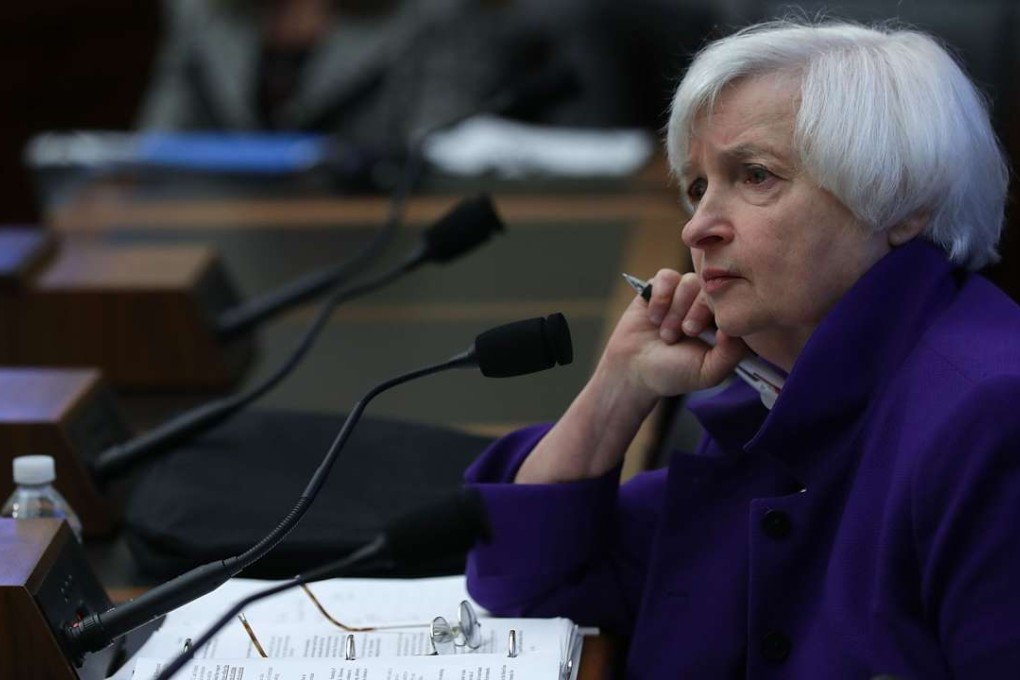Gold, US corporate bonds and selected emerging market government debt among best bets for turbulent fourth quarter
Expect a volatile final quarter to 2016 which will reward investors that head for safe havens as a hedge from turmoil, says Standard Chartered

Standard Chartered predicts greater volatility in the financial markets for the last three months of the year, with the lender advising investors to look to more stable investments like US corporate bonds and gold at a time of global uncertainty.
“Fixed income products are one of our most preferred assets because of the stability they give to investors,” Standard Chartered’s head of investment strategy for wealth management, Will Leung, said.
Leung, speaking about the bank’s fourth quarter investment outlook, cited investment grade corporate bonds in the US, and emerging market government bonds denominated in US dollars as looking particularly attractive. He also flagged the safe-haven appeal of gold, saying the yellow metal “would offer a hedge against the volatility.”
Among other recommendations, high-grade US corporate debt was deemed preferable to US Treasurys, given the concerns about an upcoming cycle of interest rate increases. He added that clarity on Federal Reserve monetary policy had been slow in coming, which could make the era ahead prone to rumours that would affect US government bonds.
On Tuesday US Treasury yields reached a two week high, which Reuters attributed to speculation that the European Central Bank would begin tapering its monthly €80 billion bond buying programme ahead of a scheduled winding down due to begin at the end of March 2017. The rumour was later officially denied by ECB officials.